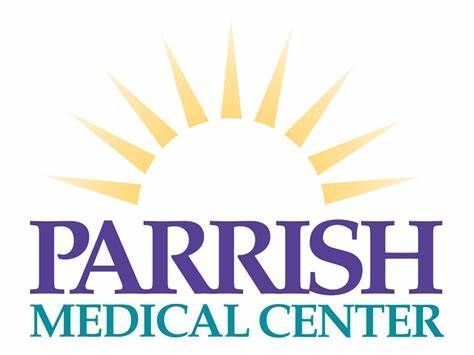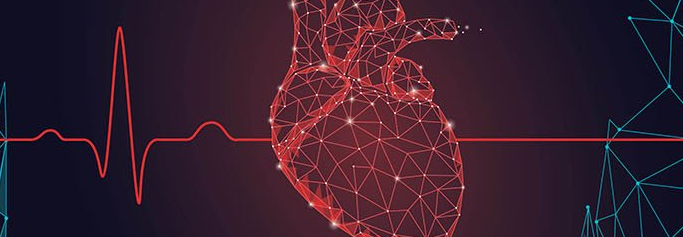Alcohol Consumption and Its' Link to Atrial Fibrillation (AFib)
How alcohol is slowly damaging your heart

Atrial fibrillation (AFib) is a common heart rhythm disorder characterized by irregular and often rapid heartbeats. It occurs when the upper chambers of the heart (atria) experience chaotic electrical signals, leading to an irregular heartbeat. Alcohol consumption has been identified as a potential trigger for AFib and can exacerbate the condition. This patient education guide aims to explain how alcohol consumption can lead to AFib and provide recommendations for managing alcohol intake.
How Alcohol Affects the Heart:
- Electrical Disturbances: Alcohol interferes with the electrical signaling in the heart, disrupting the normal rhythm. This disturbance can trigger AFib episodes or make existing AFib worse.
- Increased Heart Rate: Alcohol consumption can elevate heart rate. For individuals with AFib, this can lead to a rapid and irregular heartbeat, increasing the risk of complications.
- Dehydration: Alcohol is a diuretic, which means it increases urine production and can cause dehydration. Dehydration can further contribute to irregular heart rhythms and increase the likelihood of AFib episodes.
- Heart Muscle Damage: Heavy and prolonged alcohol consumption can damage heart muscle cells, leading to cardiomyopathy. This condition weakens the heart and increases the risk of developing AFib.
Tips for Managing Alcohol Consumption:
- Limit Intake: It is advisable to limit or avoid alcohol consumption if you have been diagnosed with AFib or have a history of heart rhythm disorders. Even moderate alcohol intake can trigger episodes or worsen existing AFib. Speak with your healthcare provider to determine the appropriate level of alcohol consumption for your specific condition.
- Know Your Triggers: If alcohol has previously triggered AFib episodes for you, it is essential to recognize this trigger and avoid consuming alcohol altogether. Identifying and avoiding individual triggers can help prevent AFib episodes and reduce the risk of complications.
- Stay Hydrated: If you choose to consume alcohol, ensure you drink plenty of water to maintain adequate hydration. This can help counteract the dehydrating effects of alcohol and reduce the impact on your heart rhythm.
- Monitor Symptoms: Pay attention to any changes or symptoms you experience after consuming alcohol. If you notice an increase in heart palpitations, dizziness, or shortness of breath, consult your healthcare provider for further evaluation and guidance.
- Seek Support: If you find it challenging to limit your alcohol intake, consider seeking support from healthcare professionals, support groups, or counseling services. They can provide guidance, resources, and strategies to help you reduce or quit alcohol consumption.
Understanding the link between alcohol consumption and AFib is crucial for individuals diagnosed with AFib or those at risk. By limiting alcohol intake, recognizing personal triggers, staying hydrated, monitoring symptoms, and seeking support, you can effectively manage your condition and reduce the risk of AFib-related complications. Remember to consult your healthcare provider for personalized advice and recommendations based on your specific situation.




